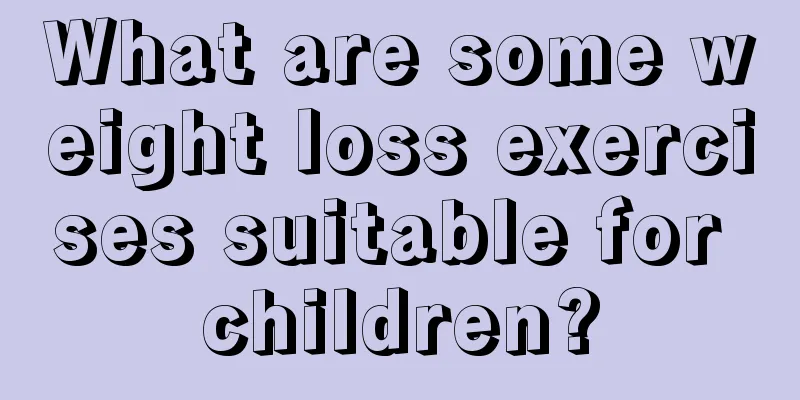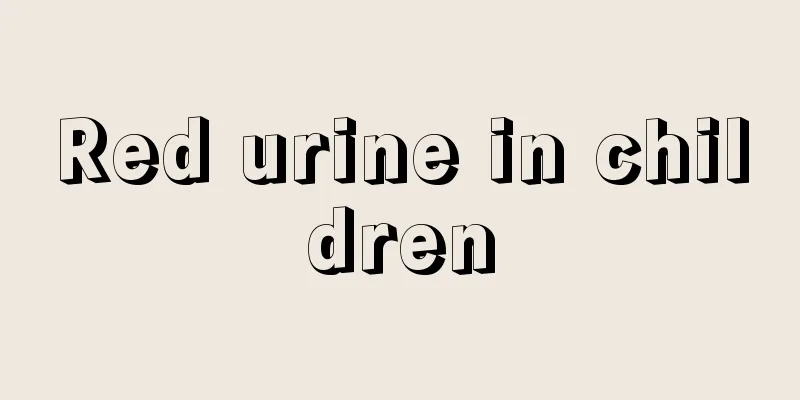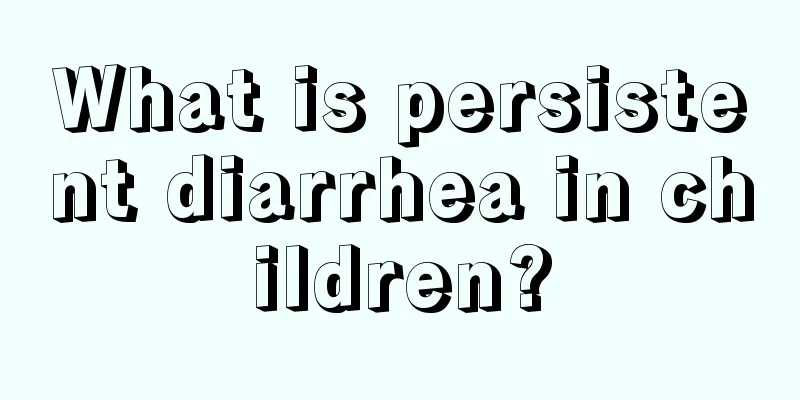Ten bad parenting habits

|
Educating children is not an easy task, but as parents, raising children is our responsibility and we must educate our children well. However, some parents have bad parenting habits. Such habits not only fail to educate their children well, but also lead their children into bad situations. Let us take a look at the following ten specific bad parenting habits. 1. Not listening enough Listening is an effective way to help children solve problems and make decisions. Don't always think about telling your child what to do. Instead, let him tell you how he wants to solve the problem. Pay more attention to your child's feelings and emotions. Your job during this process is to listen, offer advice, and occasionally ask questions to elicit more information. If you think you have a valuable point, ask your child if he or she would like to hear it. If your child says yes, state your opinion as concisely as possible. If you don't want to, just accept it. After all, it was his decision to make. 2. Doing too much Parents have gone too far in many ways. One of them is to buy your kids everything they want. Children always think that they should have the most popular things, and many parents believe that buying their children everything on their wish list will make them happy. In fact, it is the parents who are satisfied, not the children. On the other hand, parents do too much to help their children with all their subjects, problems and tasks. As parents, we should learn to step back, put our hands in our pockets, remain silent, and let our children’s ideas emerge. 3. Comparison and criticism Equality is not fairness. Every child is different. Show your respect for each child's strengths. But parents like to compare their children, perhaps with their own children or with other people's children. 4. Be your child’s friend first, then your child’s parent To children, you are an elder. You cannot be your child's friend at the same time. You are to be a teacher, a leader, a provider, and a disciplinarian. Although this is not fun. But kids want their parents to be in charge of them, even though they don't say that, and they always say other people's parents are much more interesting. Remember, your ultimate goal is to raise your child to be a responsible, successful, independent adult. Positive parenting, punishment, and the occasional "no" are all elements that get there. When children respect their parents' authority, they trust their parents' ability to protect them and to provide good advice. This will make them respect other authorities and be more willing to listen to their grandparents and teachers. 5. Use threats Communication is very important when parents get along with their children. But not all communication works. A lot of times it drives both parties crazy, the parents are stressed, and sometimes the answers are more emotional. You yell at him, point your finger at him and intimidate him, wanting him to obey authority. But to your child, this is just a sign that you are out of control. This behavior is rude and demeaning to children. Faced with this situation, the child will remain silent and stand still, so when the parent demands an answer or asks if he is listening, the conflict escalates. This whole scene is a classic bad example. 6. Like a babysitter From the moment they are born, their parents have taken care of everything for them. Although the goal is to help children grow up healthily, it goes against common sense not to let them do housework. They should fulfill their obligations, feel grown up, and also prepare for independent living in the future. Doing housework is not a punishment. Instead, it can give children a sense of belonging and value, and teach them to enter society independently and confidently. 7. Constantly giving in The family sat in the living room. The child asks the parent to get something. The parents refused. The child keeps asking until the parents give in. All the parents did was symbolic resistance. If you blindly give in to your children, you are giving up your role as a parent. You are not instructing your children to be responsible and decisive. Your child continues to enjoy privileges, and you gradually lose authority. Learn to say no to your children. A quick and simple "no" will save you a lot of trouble 8. Failure to stretch boundaries Children grow up and need more space and some distance from the protection of their parents. It may be difficult to accept the fact that your child is beginning to become independent. Both sides need to give trust and communicate. Don't cross the line. When you are thinking about whether you should be more lenient, or your child has already asked for this, think about it carefully. You find that he has grown up and you respect his ideas. Creating new rules with your child will also make them more responsible when they enforce them. 9. No set dogma We set rules for our children to keep them away from danger. But as they grow up, the existing dogmas can no longer protect them well. We should let children know what behaviors are good and what are not. These principles are important for safety and family harmony. Show them you care and build a sense of responsibility. Keep the doctrines few, brief, and clear. It is impossible for a child to memorize a book of dogma. Paying attention to your child's maturity and ability to handle the unknown can help you set reasonable guidelines. 10. Not following through Guiding children through a series of rules is the main parenting job. When they grow to a certain stage, they will begin to test how committed you are to these rules. Therefore, it is important to discuss the consequences of breaking the rules. The problem is that parents don't really want to punish their children. Warning them may reduce the punishment and save their face, but blindly compromising will only make your child feel that you are unreliable and easy to control. If you want to change someone's behavior, it's best to change your own first. Set rules, discuss consequences and enforce strict punishments if your child steps out of bounds. |
<<: 9 foods that make your child smarter
>>: What to do if you have poor resistance
Recommend
Symptoms and treatment of neonatal ADHD
Although neonatal ADHD is not a particularly seri...
How to make a teething stick for a baby?
Every mother will buy a teething stick for her ba...
What to do if your baby is crying due to abdominal distension
When babies are young, the only way they tell the...
What should I do if my child has a hoarse throat due to a cold?
Children's bodies are particularly vulnerable...
How to treat blisters on baby's feet
If the baby has blisters on his feet, parents wil...
Newborn crawling training
When babies are five or six months old, their bod...
Frequent nosebleeds in children
Children's bodies are often prone to illness ...
What to do if children have itchy eyes
Children's physical health is one of the thin...
Why does my child cough and have hot palms and soles of his feet?
Children are very prone to coughing, which is clo...
Treatment for newborn babies who don't sleep at night
I wonder if you have ever encountered the situati...
What should we do if primary school students’ memory declines?
Primary school students are in the period of the ...
Signs that your baby is not full
New mothers who have just given birth always have...
How much sleep does a 17 month old baby need?
Sleep is very important for babies, because babie...
How to relieve toothache in children? Tips for treating toothache
Toothache is not a disease, but it is really pain...
Symptoms of fever in full-moon baby
Fever is very common in babies and infants becaus...









